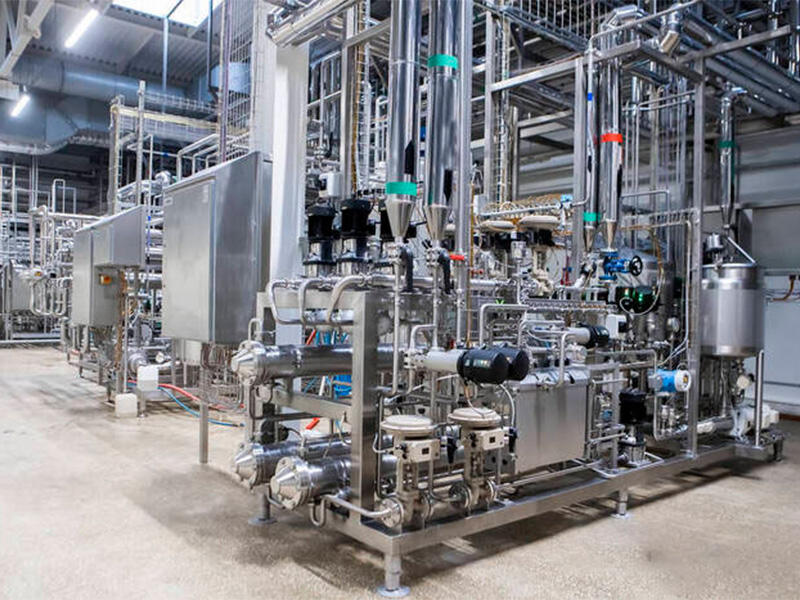Brands similar to GH4105: GH105. GH105 alloy is a Ni-Cr-Co-based precipitation hardening deformed high-temperature alloy. It is used at 750-950 degrees Celsius. The alloy has high room temperature and high temperature strength, good oxidation resistance, but average hot processing performance and welding performance.
Specifications |
In stock, can be customized according to customer requirements |
Form |
Bar,Plate |
Classification |
Superalloy |
Alloy |
Co |
Fe |
Cr |
Ni |
C |
Cu |
Si |
Al |
Ti |
B |
P |
Ce |
S |
Mn |
GH105 |
18-22 |
≤1 |
14-15.7 |
Balance |
0.12-0.17 |
0.2 |
0.25 |
4.5-5.5 |
1.18-1.5 |
0.003-0.01 |
0.015 |
0.01 |
0.01 |
0.4 |
Type |
Heat treatment |
Temperature0/℃ |
Tensile strength EbMPa2 |
Elongation A/%≥ |
Section shrinkage Z/%≥ |
Plate |
solid solution state |
700 |
980 |
10 |
- |
Densityg/cm |
Magnetic |
thermal conductivity /w/(m.k)100- 800℃ |
Resistivity ℃)/ (Ω.mm2/m)100℃ |
Specific heatcapacity ℃/kg/ (kg.k C25-800℃ |
Linear expansion coefficient /(10- 6/k)20-700℃ |
7.97 |
None |
10.89-22.23 |
1.31 |
0.419-0.628 |
16.3 |
Temperature0/℃ |
20 |
600 |
700 |
|
|
Elastic modulus E/GPa |
227 |
192 |
173 |
|
|
GH105 alloy barsare mainly used for high-temperature parts of engines, such as turbine blades, sector seals, high-temperature bolts, and other parts. Due to the high deformation resistance of the alloy, care must be taken to prevent cracking during forging and rolling. The suitable drawing temperature for cold-drawn bars is about 600°C.
GH105 alloycan be welded, but it should be noted that microcracks may occur in the heat-affected zone. Gas tungsten arc welding and metal electrode gas arc welding are not recommended. Flash butt welding works better. The alloy can also be brazed at high temperatures in certain environments.
The heat treatment of GH105 alloy parts should be carried out by the requirements of the corresponding material technical standards. After the solution treatment, the blades should be annealed with argon or hydrogen gas to protect the surface. The annealing temperature is 1020~1040℃.

The manufacturing process of stainless steel and alloys involves multiple steps to transform raw materials into flat,rectangular sheets or plates made of stainless steel and alloys. Here are a few key steps for stainless steel and alloys:

Molten stainless steel and alloys are cast into large ingots or billets through a casting process.

During the hot rolling process,the thickness of the steel ingot is gradually reduced and elongated to form long strips or coils.

Annealing involves heating stainless steel and alloys to a specific temperature and then slowly cooling it.

Cold rolling is carried out through rolling mills to reduce thickness to meet customer specifications.
Wuxi Walmay Metal Co,Ltd is a comprehensive processing group of Alloy Steel、Forged Parts Fitting、Titanium Alloy、Stainless Steel、Special Welding Wireseries, and more than 800 specifications.
Our group has been engaged in the domestic and global market for more than ten years with rich steel experience and can offer professional advice for customers inapplications with different materials.
Machine cutting
Sheet cutting
plasma cutting
Dynamic waterjet cutting
sawing
Plank leveling
polishing
laser cutting
laser cutting
production cutting
Long product cutting
Bar and structural cutting
polishing
Heat treatment and annealing: Wuxi Walmay Metal can heat treat certain 400 series stainless steels.
Material Reliability Identification (PMI): Wuxi Walmay Metal can complete this testing in-house.
Ut Testing: Ultrasonic testing (UT) uses high-frequency sound energy to inspect and measure stainless steel products.
Our professional sales team answers your questions within 24 hours.
Copyright © Wuxi Walmay Steel Co.,Ltd All Rights Reserved Privacy Policy